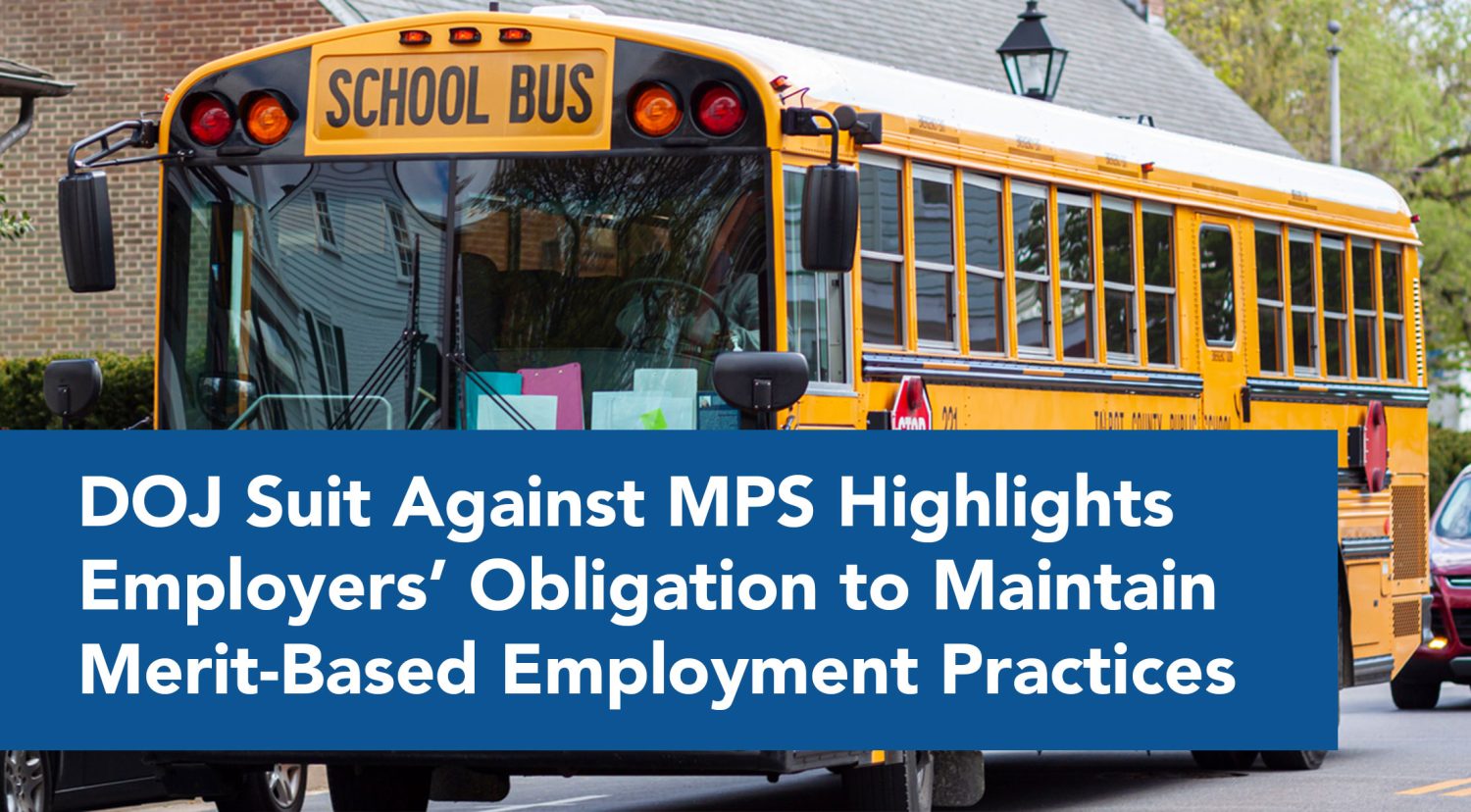

Hiring discrimination can cost federal contractors greatly. On July 17, a federal judge ordered Enterprise Rent-a-Car to pay $6.6 million to resolve a decade of hiring discrimination at the rental service’s Baltimore unit.
A U.S. Department of Labor Administrative Judge ruled that Enterprise had violated federal labor regulations when it engaged in hiring discrimination against African American applicants who were unfairly denied jobs based on their race between the years of 2007-2018. As a result, Administrative Law Judge Morris Davis also blocked the company from receiving government contracts until it can prove it has improved its practices.
According to the ruling, Enterprise’s Baltimore unit rejected nearly 200 more black applicants for its management training program than it should have, even though Enterprise’s human resources staff appeared to apply neutral job criteria.
The findings come from an investigation by the DOL’s Office of Federal Contract Compliance Programs, which is tasked with auditing government contractors to ensure they are in compliance with federal labor law. An OFCCP impact ratio analysis showed Enterprise denied black applicants at significantly higher rates than white applicants.
As part of the ruling, Enterprise is required to offer jobs to 182 of the African American applicants and to give them back pay. Judge Davis also ordered that Enterprise be prevented from obtaining further government contracts until it has reached an agreement with the DOL to establish more equitable hiring practices. Enterprise can appeal the decision with the DOL Administrative Review Board.
“The standards and processes Enterprise articulated on paper for hiring management trainees look fine,” Judge Davis said. “Put into practice, however, those processes take on an entirely different patina.”
Under federal law, contractors are required to work proactively to hire and promote workers in protected classes. However, through an analysis of anecdotal and statistical evidence, the OFCCP determined that Enterprise was tougher on black applicants than white applicants.
Specifically, the judge ruled that Enterprise’s hiring managers applied job hiring criteria unequally. For example, the company offered jobs to white applicants with similar histories to the black applicants who were rejected.
“In this case, the evidence shows that the seemingly race-neutral standards Enterprise articulated for hiring management trainees had a disproportionate adverse impact on African-American applicants,” Judge Davis said.
Enterprise’s fate was far from inevitable as the judge’s ruling emphasizes, there are a number of steps companies can take to avoid hiring discrimination and ensure their equal employment opportunity practices are being adhered to and having the desired effect.
Here are a few best practices to avoid the hefty cost of discrimination:
Consistency is key
As the Enterprise ruling suggests, it’s vitally important to apply existing non-bias policies consistently. Having a neutral policy on the books isn’t enough if hiring managers are not actually adhering to this policy when considering potential candidates for open positions. It’s also important to ensure all hiring managers are on the same page so that each member of the staff is following protocol. Conduct regular Equal Employment Opportunity training programs with human resources staff and ensure this training is a priority for new HR employees.
Pay attention to hiring data
This isn’t the first time Enterprise has been reprimanded for hiring discrimination. In 2015, the company agreed to a $425,000 settlement stemming from an age discrimination suit filed by the EEOC. As part of the settlement, Enterprise was also required to maintain an appropriate record-keeping system. That’s because monitoring hiring records can help companies uncover disparities, they might not otherwise be able to detect. Make sure you are keeping detailed records of each stage of the hiring process and regularly examine and conduct Impact Ratio Analysis of this data to uncover trends of any adverse impact affecting disfavored groups.
Numbers aren’t enough
As a phrase popularized by author Mark Twain suggests: “There are three kinds of lies: lies, damned lies, and statistics.” While hiring data can be useful in helping companies uncover disparities, the most recent Enterprise case shows that statistics can be unreliable. A statistical analysis of a company’s hiring practices can be interpreted in a variety of ways. Numbers can be skewed and even if a company does not have a stellar track record when it comes to hiring discrimination, their statistics might indicate that they do. That’s why a company must ensure their statistical analysis is bolstered by anecdotal evidence to show any practical significance that statistical analysis failed to uncover.




